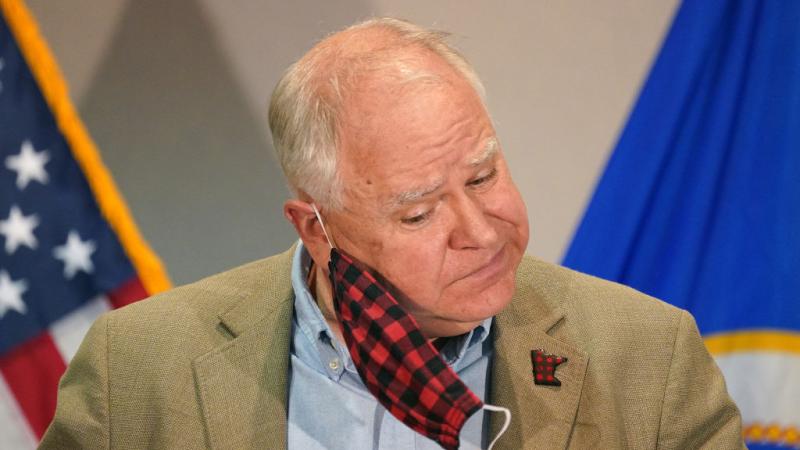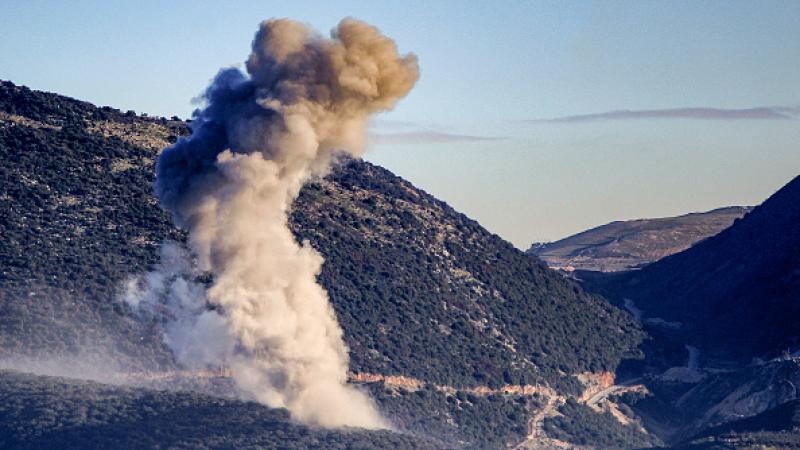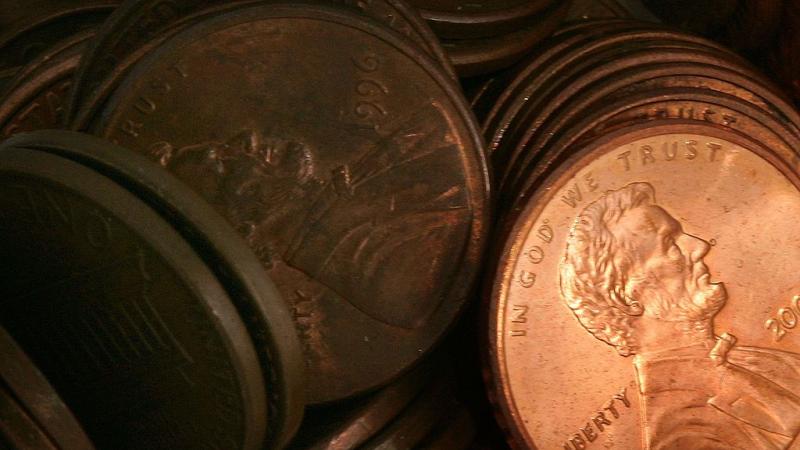DOJ allocates $200k for 'high-quality' arts program for 'justice-involved youth'
Painting, sculpting, music, singing, digital media, dance and other programs are expected to reduce juvenile delinquency, shape "beneficial" experiences for youthful offenders.
The Golden Horseshoe is a weekly designation from Just The News intended to highlight egregious examples of wasteful taxpayer spending by the government. The award is named for the horseshoe-shaped toilet seats for military airplanes that cost the Pentagon a whopping $640 each back in the 1980s.
This week's Golden Horseshoe is awarded to the Department of Justice for a $200,000 grant for a "high-quality arts program" to "help address emotional and problem behaviors for at-risk justice-involved youth."
Posted by the DOJ's Office of Juvenile Justice Delinquency Prevention (OJJDP), the grant will "support high-quality arts programs for justice-involved youth," according to the synopsis, "to reduce juvenile delinquency, recidivism, and/or other problem and high-risk behaviors. Arts programs include but are not limited to painting, sculpting, drama, digital media, film, music, dance, singing, and creative writing."
If minors should find themselves entangled in the juvenile justice system, OJJDP hopes to make it a positive experience for them.
"OJJDP envisions a nation where children are free from crime and violence," the announcement explains. "If they come into contact with the justice system, it should be rare, fair, and beneficial to them."
OJJDP defines "justice-involved youth" as those who are in detention, correctional or other residential facilities, on probation, or in court-ordered programs.
The DOJ office cites research showing the positive social impact of the arts, including the promotion of community cohesion, while acknowledging uncertainty regarding how art can produce positive effects in youthful offenders.
"While more research is needed to explore how and in what optimal conditions the arts can directly impact the justice-involved youths' behavior, existing evidence shows that the arts can promote positive outcomes and achieve broader societal impacts, including a stronger sense of community," the grant notice states. "According to OJJDP's Arts-Based Programs and Arts Therapies for At-Risk, Justice-Involved, and Traumatized Youths literature review, the arts can help address emotional and problem behaviors for at-risk justice-involved youth."
The grant was authorized by the Consolidated Appropriations Act of 2022, the $1.5 trillion spending bill signed by President Biden in March. The DOJ's Juvenile Justice Programs received $360 million in funding, including $102 million for youth mentoring and $49.5 million for delinquency prevention.
The DOJ did not respond to a request for comment.
















